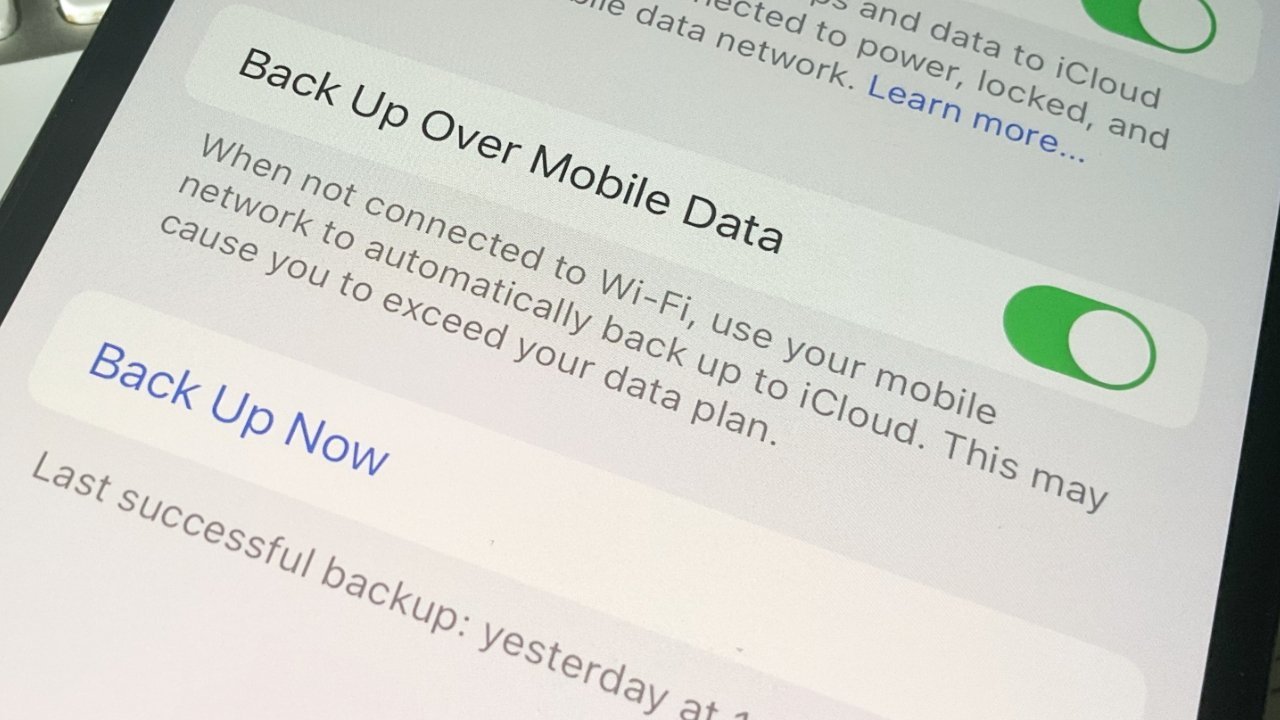Owners of iPhones running on iOS 8 and earlier will soon lose the ability to use iCloud device backups, unless they update to iOS 9 or later.
As a way to keep hold of your data, iCloud backups are extremely convenient to users, but it won’t be usable by everyone. Apple has started to warn users of devices running on iOS 8 or earlier that it will stop working in one month’s time.
In a support document titled “How to keep your devices and data backed up in iOS 8 or earlier,” first published on Monday and found by 9to5Mac, Apple advises that support will be curtailed for older iOS installations. From December 18, 2024, “device backups will require iOS 9 or later,” the post states.
According to Apple, the reason for the change is to “align more closely with our published minimum software requirements.”
The function will still work as usual until December 18. However, backup data stored on Apple’s servers will eventually be deleted unless the devices are updated to iOS 9 or later.
After December 18, devices running iOS 5 to iOS 8 won’t be able to create new backups, and existing backups for those devices won’t be accessible either. However, the devices themselves will continue to function normally and retain any on-device data, as they won’t be directly affected.
Users have a few choices on how to proceed. The main one, if users want to keep using iCloud device backups for their older hardware, is to update to iOS 9 or later.
Updates can be performed via the Settings menu, under General then Software Update, on most Apple mobile devices. It can also be updated via the Finder in macOS, or iTunes on a Windows PC.
The second main option is to back up the affected iPhone, iPad, or iPod touch manually. This again is available via the Finder on macOS, or iTunes in Windows and older versions of macOS.
AppleInsider recommends trying to update the operating system if possible, of the two options Apple presents. The manual backup method is better suited for devices running older apps that don’t support newer iOS versions, or for people who want to preserve the older operating systems for archival purposes.




